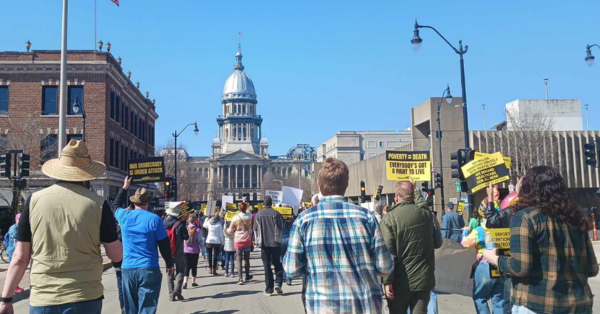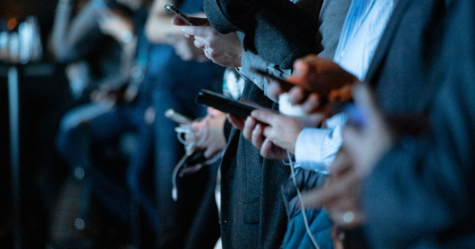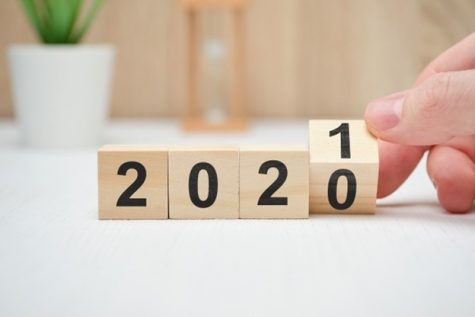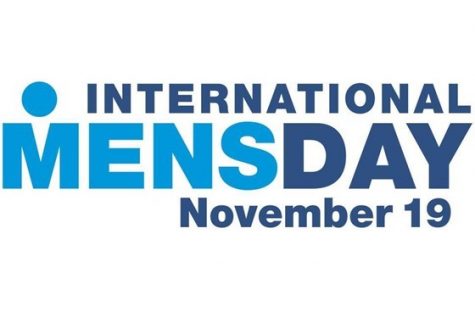Consequences of a Rushed COVID-19 Vaccine
Amid the lack of cohesion surrounding COVID-19, scientists in the United States and the rest of the world are creating a vaccine. This vaccine is potentially imperative to the health of billions of people worldwide. With the perfect amount of research and human trials, the globe should have the quintessential vaccine…in a year or two. As the United States takes the lead in finding a vaccine, this normally lengthy process is possibly being cut a lot shorter. Released statements from the Centers of Disease Control and Prevention (CDC) have made note that the completion of the vaccine is set to be around late October and early November, around the time of the long-awaited presidential election. While this rather imminent estimation has brought encouragement to some, it has in turn left others concerned about its effectiveness. With questions on the rise, many wonder how feasible it is for the country to release an evidently rushed COVID-19 vaccine.
Public distrust in the country’s government has not made resolving COVID-19 an easy one. Now with the apparent rush for a vaccine, public efforts have created twice as much pushback, with many certain in their decision to refrain from getting any released coronavirus vaccine – a decision which may well be one of good conscience. While a vaccine is important and necessary to mitigate the disease, one created under pressure may cause more setbacks than needed.
Nevertheless, concerns about releasing an extremely meager COVID vaccine appears to be the least of elected official’s worries. With an already-set completion date, the vaccine is long underway. The emphasis on an exact date of release at the expense of proper effectiveness can jumpstart an issue of its own, jeopardizing a vast number of people. If the coronavirus vaccine is released before precise testing, the United States and many other countries could begin to notice side effects of the new vaccine which by their nature have not yet been available for study. In this event, US haste may end up creating another entire health issue to tackle outside of the already difficult pandemic. This is all without mentioning the multiple complications that could be incurred because of rushed human testing trials.
As history has shown, rushing to create a vaccine for the sake of doing so is often a problem itself. One might refer to the mid-1950s and early-1960s, when poliomyelitis (polio) vaccines were rushed out of the testing phase and given to a multitude of patients. As a result, a rather large percentage of people were infected with an entirely different disease called simian virus 40 (SV40), according to CNN Health. Eventually, when the infection was discovered to be due to the polio vaccine, the United States recalled all of the vaccines to examine the presence of SV40, a long process undertaken to resolve the consequences of this dire mishap.
Certainly, finding a proper vaccine to alleviate the severity of COVID-19 is important. The need for a vaccine to release the world from the shackles of this pandemic is almost absolute. Nevertheless, rushing to reach this point may only backfire. Inadequate research and testing in place of diligent, time-intensive results is irresponsible, especially given the large number of people who may be affected as a result. To ensure the well-being of everyone, the country must take heed of its past errors and move forward as soon – but as safely – as possible.
Works Cited
Christensen, Jen. “Past Vaccine Disasters Show Why Rushing a Coronavirus Vaccine Now Would Be ‘Colossally Stupid’.” CNN, Cable News Network, 1 Sept. 2020, www.cnn.com/2020/09/01/health/eua-coronavirus-vaccine-history/index.html.












